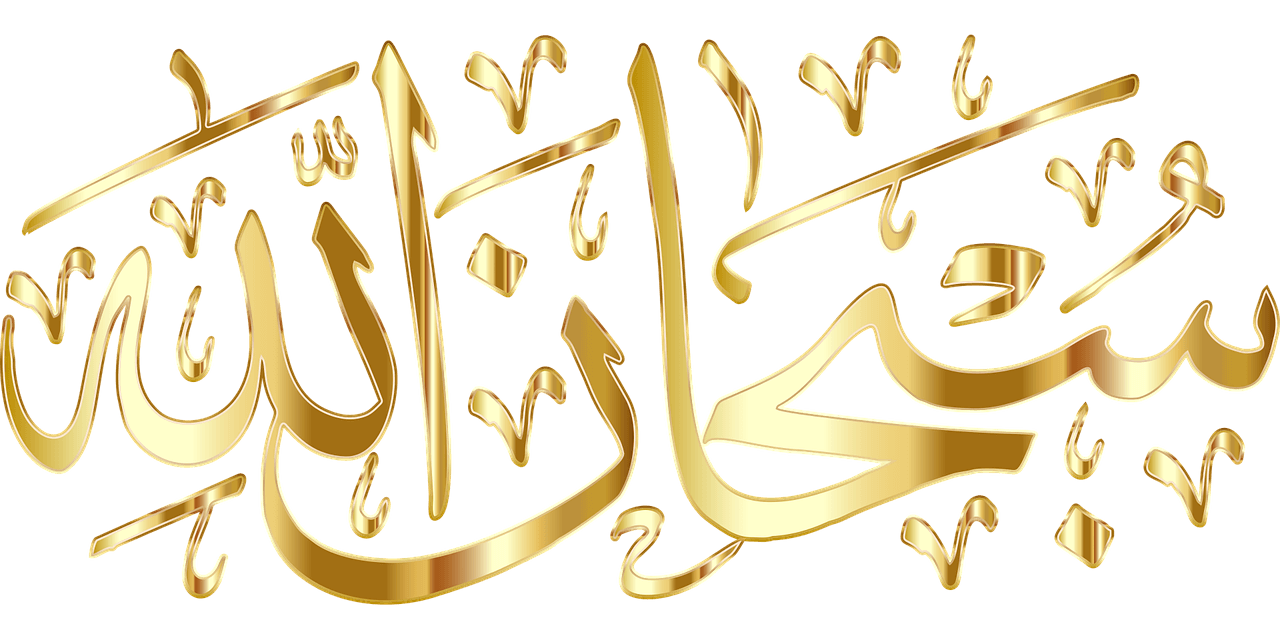
How Shariah Compliant Are you?

Securities, merchant banking, rollovers, gilts, structured finance, mortgages, shares, bonds: a never ending list! There may be hundreds of terminologies in circulation in the financial world of today, yet these concepts were addressed by the Shariah hundreds of years ago. The Quran, Ahadith and the books of Fiqh (jurisprudence) are replete with investment schemes, financial ethics, instruments and products far beyond what is present today. Many of the terminologies, financial products and schemes common today are an evolved reflection of what was prevalent in the past.
Did you know?
- The Quran has 35 verses relating to Finance and Economics.
- Verse 2:282 is the longest verse in the Qur’an regarding Finance and Economics.
- Revelation (wahi) concluded with the verse 2:281, warning traders in Business and Economics. After discussing interest, Allah states: “And fear a Day when you will be returned to Allah.
Then every soul will be compensated for what it earned, and they will not be treated unjustly.”
Did you know?
- The most celebrated compendium of Hadith in the Islamic world, Sahih al-Bukhari, contains 113 chapters on Finance.
- 471 Ahadith are devoted to Finance and Economics.
Hidaayah is a famous book in jurisprudence compiled by Ali ibn Abi Bakr al-Farghani al-Marghinani. It contains 24 intricate and complex chapters addressing the following: cash sales, credit sales, spot sales, FEC’s, short sales, currency exchange, collateral, partnerships, leasing, endowments, laws of succession and many more subjects.
Many people presume that the companions of Prophet were poor, frail and weak. We imagine them to be illiterate and uneducated. However, the reality is to the contrary. Every nation has its affluent and disadvantaged, likewise in the companions there were those who were affluent and disadvantaged. The wealthy ones were expert investors. They had diverse investment portfolios. They had mastered the art of trade. The affluent ones were spearheading mass imports and exports. They were hiring, securitising their investments, dealing in collaterals, standing as guarantors, currency trading, investing in joint commercial enterprises and other profitable schemes. They were transacting in the millions.
Abdur Rahman Ibn Auf may Allah be pleased with him would import 700 camels laden with goods. He once gave 40,000 Dinars and 44,000 Dirhams in charity. That is equivalent to a remarkable R73, 328,651.42 (seventy three millon, three hundred and twenty eight thousand, six hundred and 51 Rands and 42 Cents)!! (Asad al-ghabah 3/143 Dar al-Ma’rifah)
Sayyiduna Zubair radiallahu anhu had an estate equalling to a staggering 52,200,000 Dirhams! That is equivalent to R124,992,763 (one hundred and twenty four million, nine hundred and ninety two thousand, seven hundred and sixty three Rands)! (Sahih al-Bukhari)
Imagine the value of these amounts 1400 years ago including the inflationary element and currency fluctuations.
Shariah has considered factors which create imbalance and injustice in the elements of supply and demand. Shariah has barred gambling, hoarding, monopolising, interest, speculative sales and all such transactions which create disharmony in the free competitive market.
The Shariah has the solutions to today’s financial crisis which are clearly expounded in the Qur’an and Ahadith. The Shariah has an innate elasticity to recognise new financial concepts and instruments. Hereunder are some questions which we need to be asking ourselves in order to evaluate our personal and business financial positions from a Shariah perspective:
- Where am I depositing my funds and do I earn interest on these funds?
- How do I finance my new home/ car?
- How do I invest my money and where do I invest?
- How does my business finance the working capital requirements?
Am I financing my business via debt based instruments? 5. What are my financial and business ethics?
- How do I fund the expansion of my business? Is my capital raising strategy Shariah Compliant?
- How do I indemnify my business/ life/assets?
- Is my financial arrangements Shariah Compliant? Have I reviewed these arrangements?
- What are my HR, Sales and Marketing Policies?
- How do I transfer my wealth to future generations? Have I drawn up a succession plan in line with Shariah? Is my trust deed Shariah Compliant? Is my will Shariah Compliant? What happens to my business and investment holdings once I pass on? How Shariah Compliant are you?
































